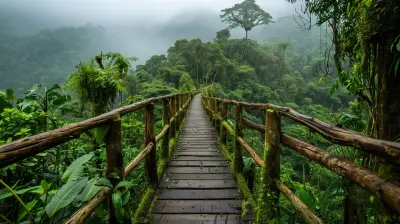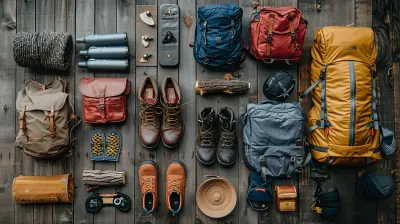Essentials for a Successful First-Time Backpacking Adventure
9 August 2025
Backpacking is one of the most exhilarating ways to explore the world. It’s an adventure that blends freedom, spontaneity, and the thrill of the unknown. But let’s be real—diving into your first backpacking trip can feel overwhelming. What should you pack? Where should you go? How do you ensure a smooth experience without unnecessary hiccups?
Don’t worry—I’ve got you covered. This guide will break down the absolute essentials for a successful first-time backpacking adventure. By the end, you’ll feel confident and ready to take on the world with nothing but your backpack and a sense of adventure!
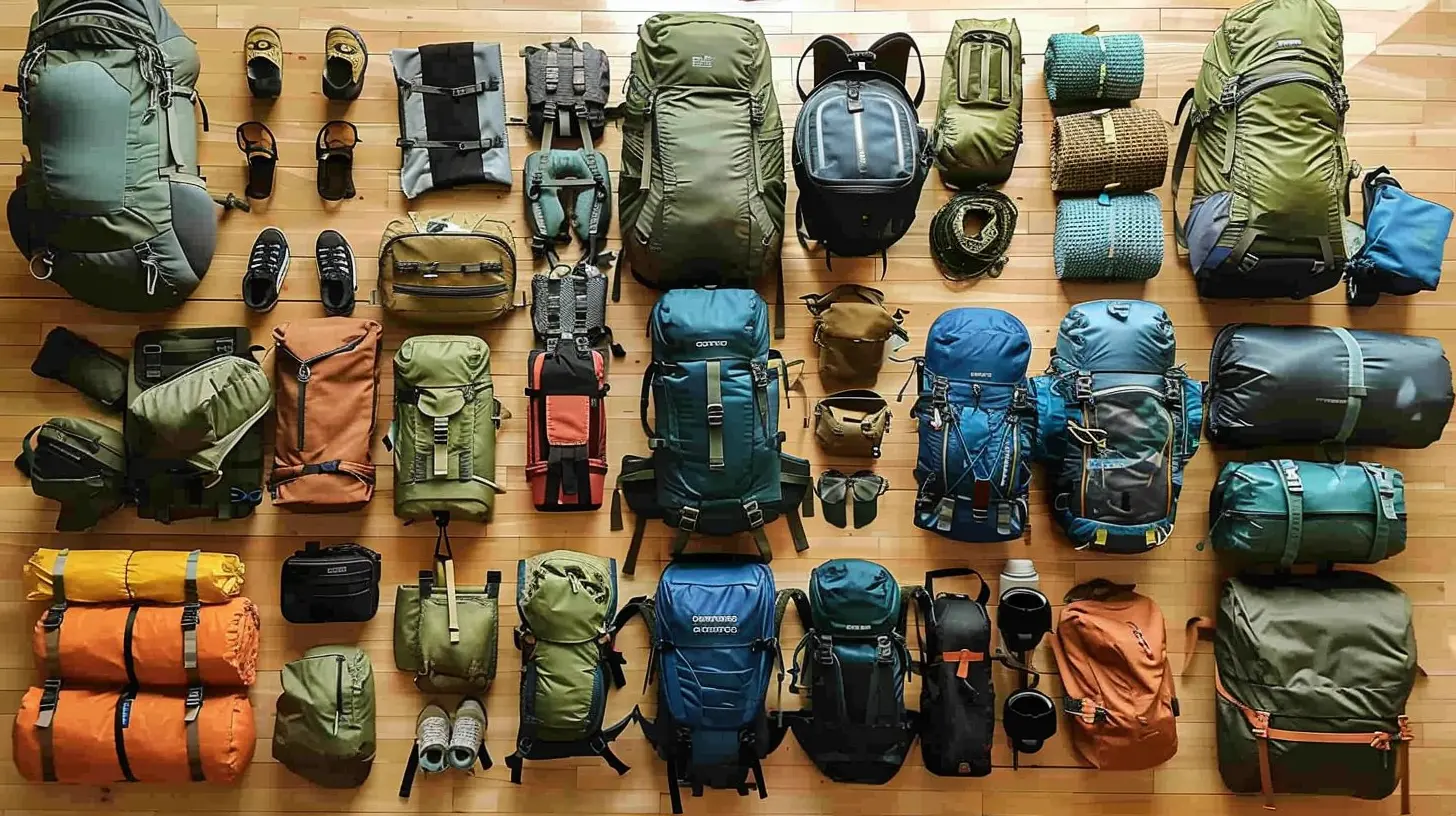
1. Choosing the Right Backpack
Your backpack is your lifeline. Choose the wrong one, and your adventure could turn into a nightmare of back pain and frustration. Here’s what you need to consider:- Size matters – For a first-time trip, aim for a backpack between 40-60 liters. Too small, and you’ll struggle to fit the essentials. Too big, and you’ll end up carrying more than you need.
- Fit is everything – Your backpack should sit comfortably on your hips, not your shoulders. Look for adjustable straps and proper weight distribution.
- Durability is key – You don’t want your bag falling apart mid-trip. Invest in a high-quality backpack from reputable brands like Osprey, Deuter, or Gregory.
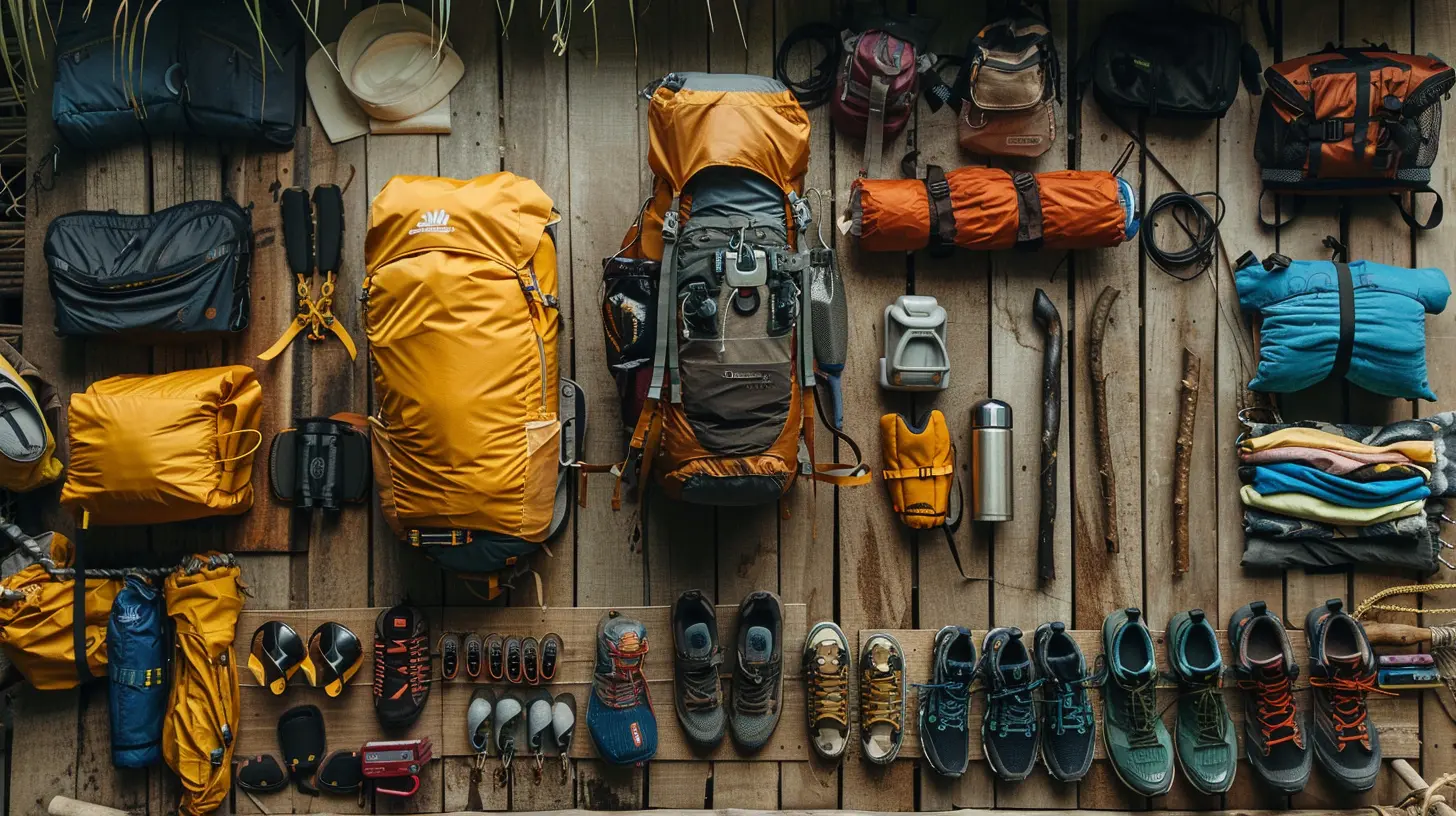
2. Packing Smart: The Must-Have Gear
What you pack will determine how comfortable and efficient your journey is. Here’s a checklist of must-have items:Clothing Essentials
The key is layering—you want to be prepared for different weather conditions without carrying too much. Stick to:- Moisture-wicking shirts – Keeps sweat away and dries fast.
- Lightweight pants/shorts – Comfort is crucial when moving around.
- Weatherproof jacket – A lightweight, packable rain jacket can be a lifesaver.
- Hiking boots or sturdy shoes – Blisters and sore feet can ruin any trip. Choose wisely!
- Extra socks and underwear – You’ll thank yourself for having dry spares.
Sleeping Gear
If you’re camping along the way, these are essentials:- Lightweight tent or hammock – Depending on your travel style.
- Sleeping bag – Choose one that matches the climate you’ll be in.
- Sleeping pad – Helps with comfort and insulation.
Other Must-Haves
- Microfiber towel – Dries fast and takes up very little space.- Headlamp or flashlight – Essential for nighttime adventures.
- Multi-tool – A Swiss Army knife can be a lifesaver.
- Reusable water bottle – Staying hydrated is non-negotiable.
- First-aid kit – Blister treatments, pain relievers, and bandages should always be in your pack.
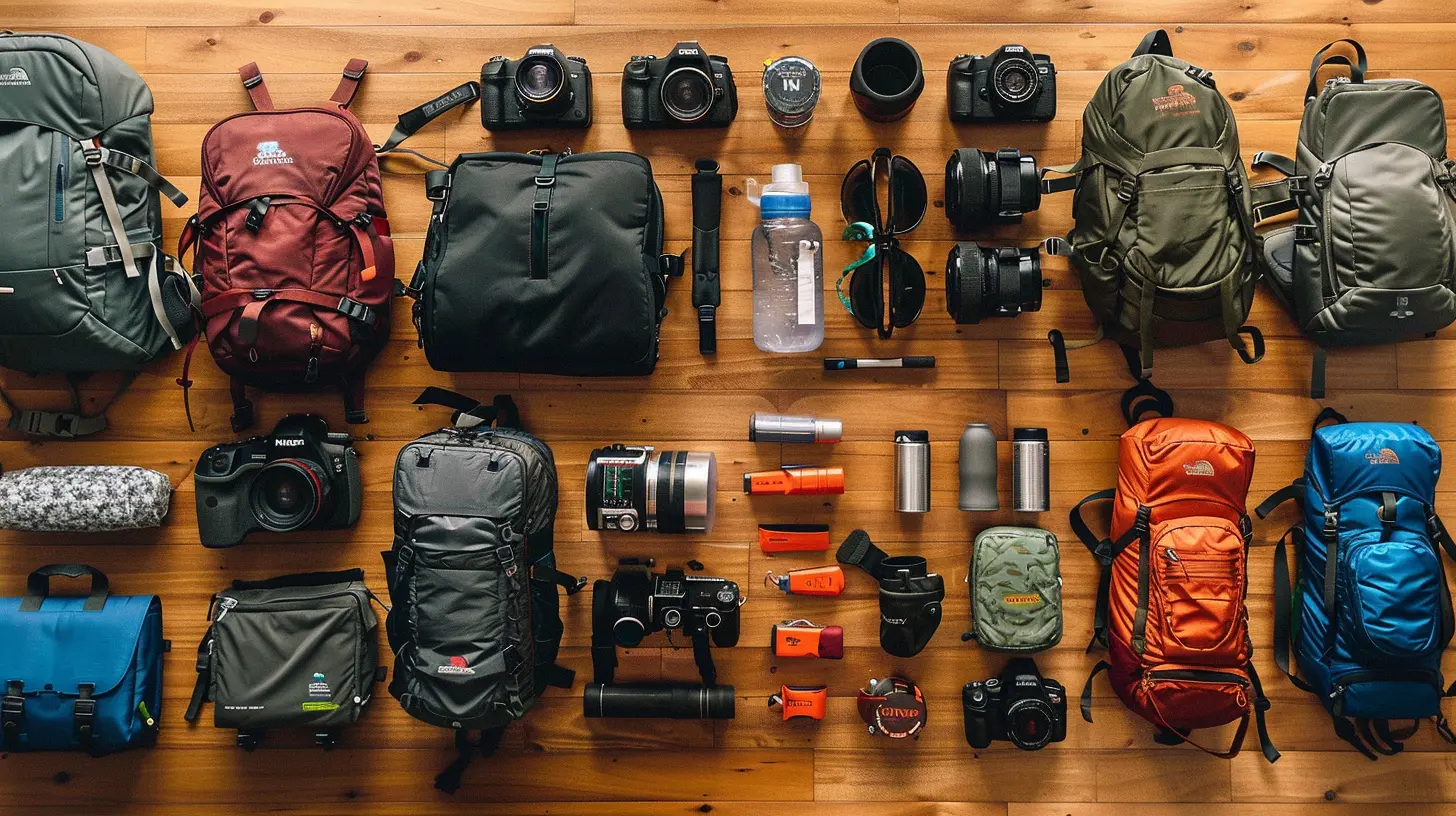
3. Planning Your Route
Winging it might sound adventurous, but trust me, a little bit of planning goes a long way. Here’s how to do it right:- Pick a destination that matches your comfort level – If it’s your first time backpacking, choosing an extremely remote area can be overwhelming. Stick to beginner-friendly trails or well-trodden backpacking routes.
- Research local conditions – Understand the weather, safety concerns, cultural norms, and visa requirements.
- Have a rough itinerary – A day-by-day plan isn’t necessary, but knowing your main stops helps avoid unnecessary stress.
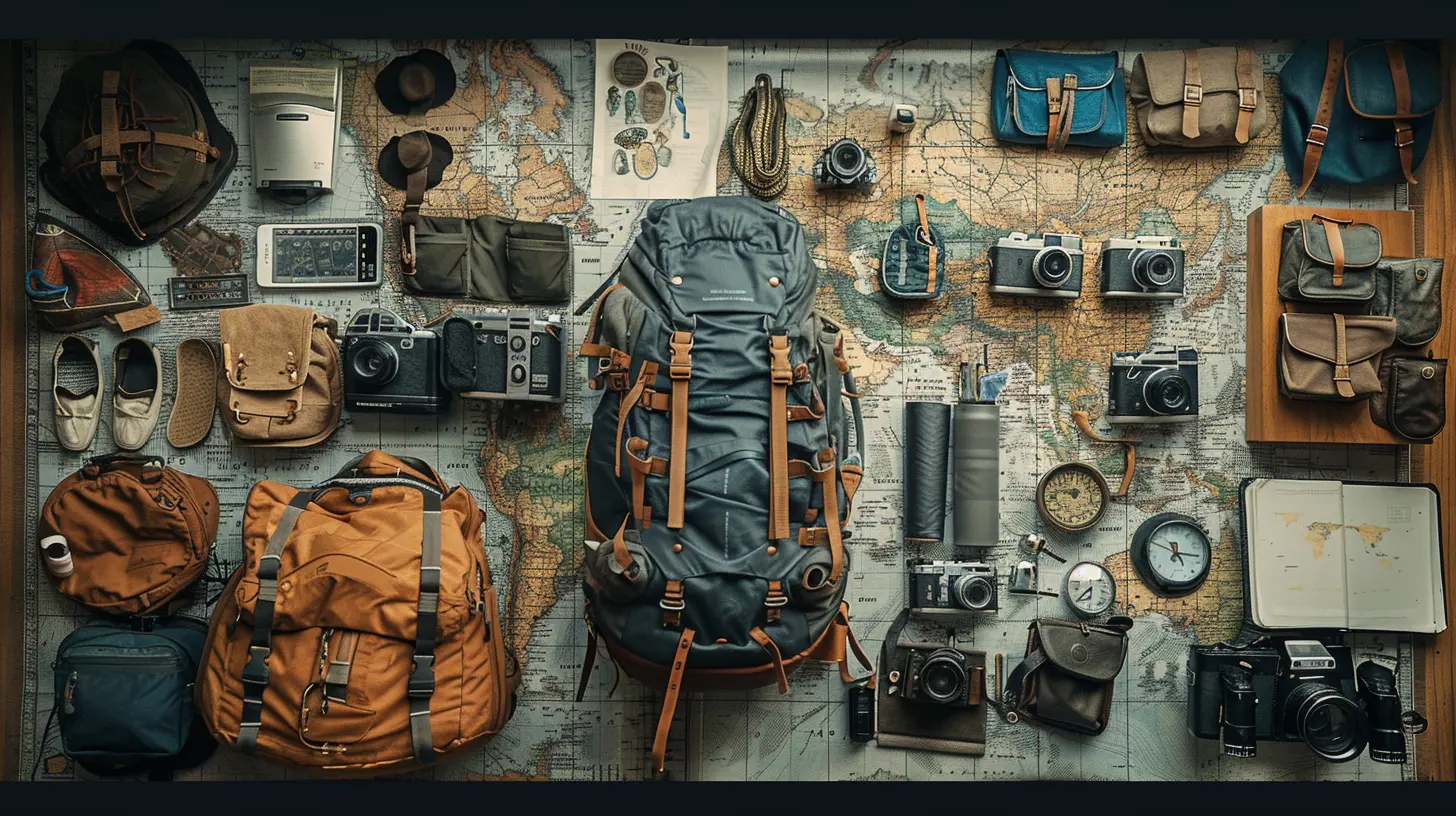
4. Budgeting for Your Backpacking Trip
One of the beauties of backpacking is that you don’t need to break the bank. But planning your finances wisely ensures a stress-free experience.- Accommodation – Hostels, couch surfing, or budget guesthouses are great for keeping costs down.
- Food – Eating out every meal adds up. Opt for street food, local markets, or cook your own meals when possible.
- Transportation – Buses, trains, and shared rides are usually the most affordable options.
- Emergency fund – Always keep a backup fund for unexpected costs (medical expenses, lost gear, etc.).
5. Safety Tips You Shouldn’t Ignore
Adventure is fun, but safety is a priority. Here’s how to stay secure on the road:- Keep digital copies of important documents – Passport, visa, and ID should be scanned and saved online.
- Stay connected – Have a local SIM card or portable WiFi, so you’re never completely off the grid.
- Trust your instincts – If something feels off, listen to your gut. Your intuition is often your best guide.
- Know basic self-defense – Hopefully, you'll never need it, but knowing a few self-defense moves adds an extra layer of protection.
6. Staying Healthy While Backpacking
Getting sick while backpacking is no fun. Here’s how to keep yourself in top shape:- Drink clean water – Always carry a filtration system (like a LifeStraw or purification tablets) if you're traveling to areas with questionable water quality.
- Eat wisely – Avoid raw foods in places where hygiene is questionable. Stick to freshly cooked meals.
- Get enough sleep – Travel fatigue is real. Prioritize rest when needed.
- Carry necessary medications – If you have allergies or medical conditions, carry an adequate supply of your meds.
7. Making the Most of Your Experience
Backpacking isn’t just about reaching destinations; it’s about embracing the journey. Here’s how to make it memorable:- Be open to meeting new people – Some of the best travel experiences come from friendships formed on the road.
- Step out of your comfort zone – Try local foods, participate in cultural activities, and challenge yourself with new experiences.
- Keep a travel journal – You’ll thank yourself for documenting your journey later.
Final Thoughts
Your first backpacking adventure is a journey of freedom, self-discovery, and unforgettable experiences. Sure, there will be challenges along the way, but with the right preparations, you can turn those into opportunities for growth. Pack smart, stay safe, and embrace every moment—because the world is waiting for you!all images in this post were generated using AI tools
Category:
BackpackingAuthor:

Claire Franklin
Discussion
rate this article
2 comments
Colette Castillo
Great insights! This article covers essential tips for first-time backpackers, making the adventure less daunting and more enjoyable. I especially appreciated the emphasis on planning and packing wisely. Thank you!
October 30, 2025 at 4:40 AM

Claire Franklin
Thank you for your kind words! I'm glad you found the tips helpful for your backpacking adventure. Happy trekking!
Zachary Kirk
For a successful first-time backpacking adventure, prioritize essential gear, plan your route carefully, and stay flexible. Familiarize yourself with local regulations and safety tips. Remember to pack light but smart, ensuring you have the necessary supplies to enhance your experience in the great outdoors.
August 12, 2025 at 3:45 AM

Claire Franklin
Thank you! Great tips for ensuring a memorable and safe first backpacking experience.

